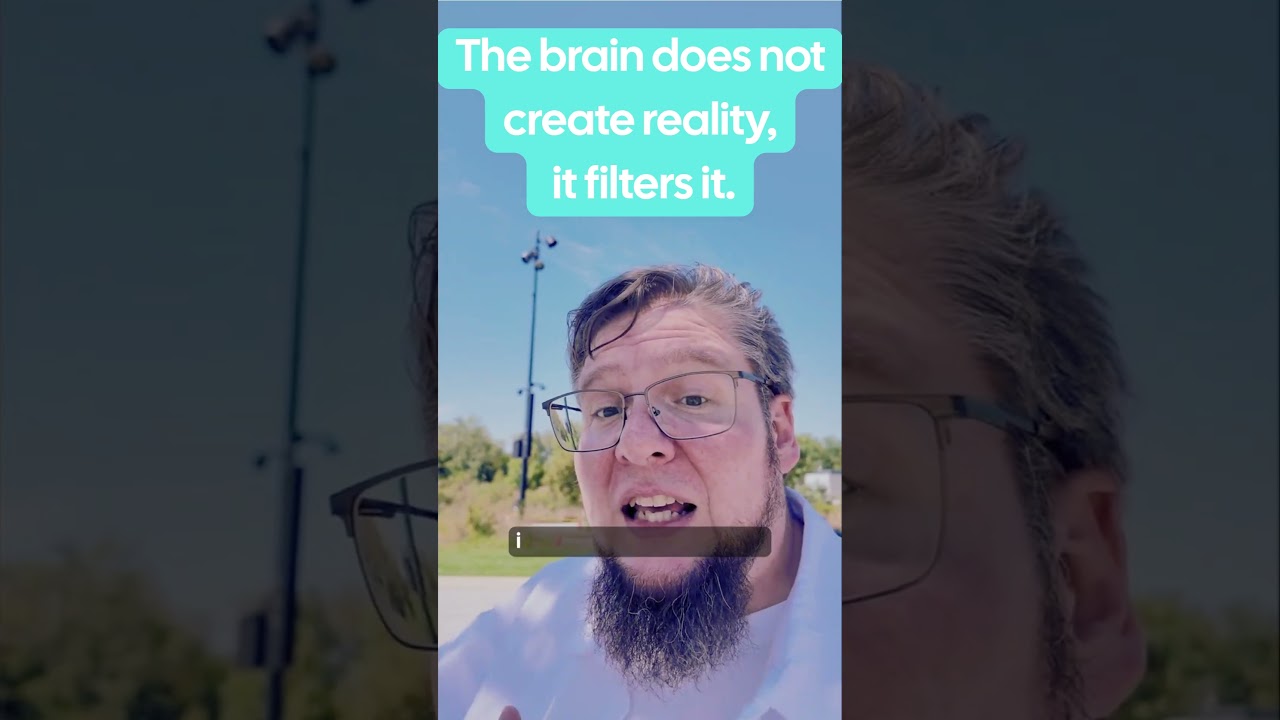The video argues that while the brain filters and organizes vast amounts of information into a limited “forced perspective,” it does not create an illusory reality but rather helps us navigate a complex, expansive world. It emphasizes that this selective perception is a necessary adaptation, encouraging viewers to embrace the richness of reality and the potential for expanding their understanding through new experiences.
The video challenges the popular scientific claim that the brain doesn’t sense reality but instead creates it, labeling this idea as misleading and overly nihilistic. The speaker argues that the truth about how our brain processes reality is far more interesting and nuanced. They explain that the brain performs three main functions when dealing with the vast amount of information it receives daily. First, the brain filters information to prioritize what is most important, which is why people on the autism spectrum may feel overwhelmed due to less effective filtering.
Second, the brain relates new experiences to familiar concepts, which explains why people often see patterns or shapes in everyday objects, like potato chips resembling Elvis or Jesus. Third, the brain organizes all this information into a narrative structure that helps us make sense of the world around us. While this might sound like the brain is creating a false reality, the speaker clarifies that it is more accurate to say the brain creates a “forced perspective”—a limited but still real portion of the vast reality.
The speaker emphasizes that reality itself is enormous and constantly generating more information than our brains can handle at once. This limitation is not a flaw but a necessary adaptation to prevent our brains from being overwhelmed. The perspective we develop is shaped by our upbringing, society, and survival needs, which means it is inherently selective but still grounded in reality.
Importantly, the video highlights that this selective perspective does not mean reality is an illusion or delusion. Instead, it suggests that there is much more to reality than what we typically perceive. This is why experiences like responsible psychedelic use can help people with anxiety and depression by expanding their perspective and allowing them to see the world in new ways. These altered states are not about escaping reality but about accessing different facets of it.
In conclusion, the speaker encourages viewers to embrace the complexity and vastness of reality and to be comfortable with feeling a little “weird” as they explore it. The brain is not useless or deceptive; it is a powerful tool that helps us navigate a complex world by focusing on manageable portions of reality. The message is optimistic: we have our entire lives to explore the richness of reality, and by doing so, we can continually expand our understanding and experience of the world.
